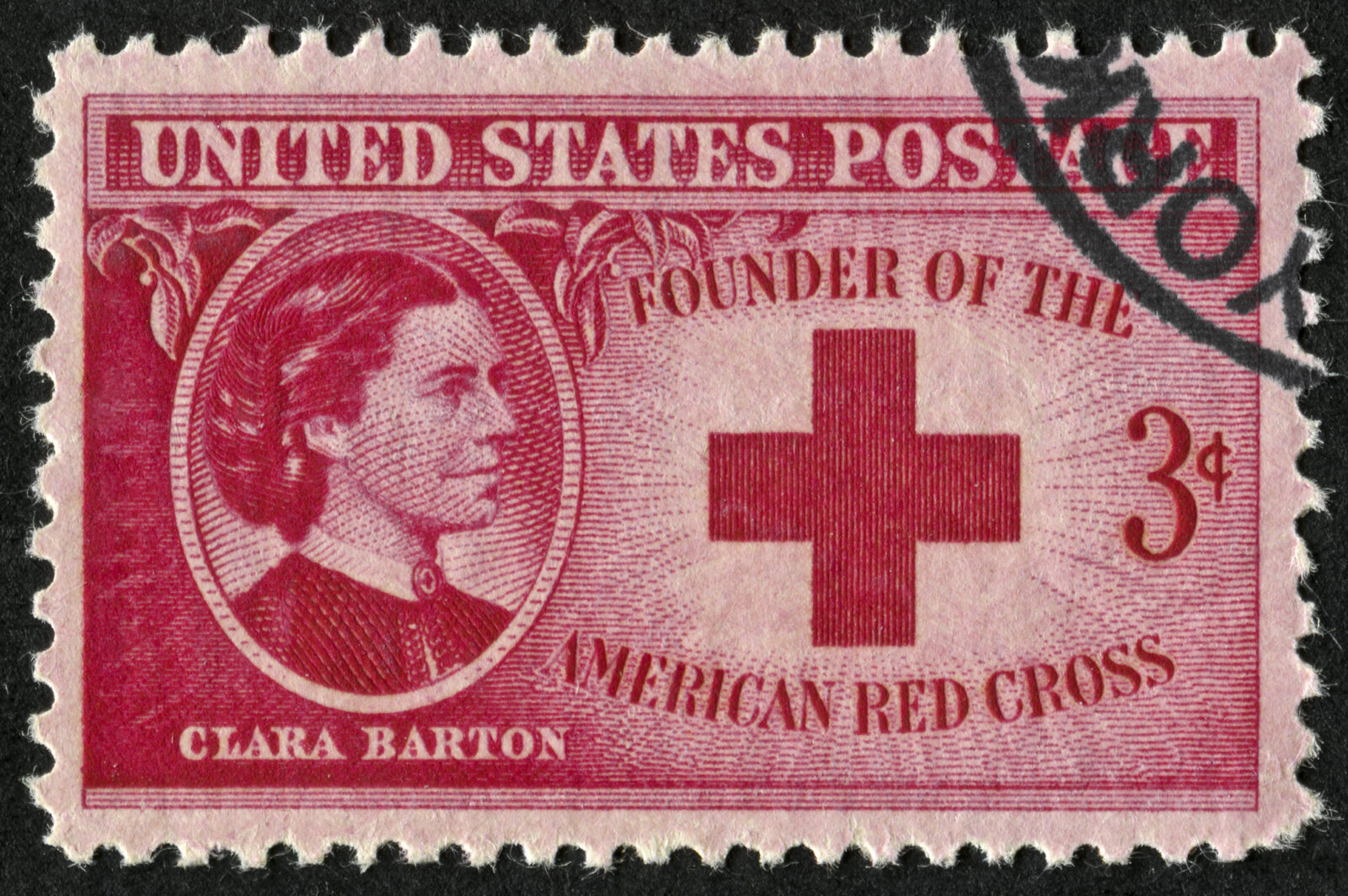Women Caregivers Who Made History

March is Women’s History Month! Since 1981, U.S. presidents have celebrated women’s contributions to American history in a variety of fields. So, it’s the perfect time to honor female leaders who have made a difference in caregiving. Here are three women who changed caregiving for the better.
Dr. Lori Arviso Alvord
Dr. Lori Arviso Alvord was born in 1958 and raised on a Navajo reservation near Albuquerque, New Mexico. She is the first Diné woman to be board certified in surgery. Lori entered Dartmouth College as a first-generation student; neither of her parents had college degrees and she didn’t have a medical role model in the Navajo community. She double majored in psychology and sociology with a minor in Native American studies and graduated cum laude in 1979. Dr. Alvord attended Stanford University School of Medicine in California and was able to study under Native American general surgeon Ron Lujan, MD, from the Taos and San Juan Pueblo Tribes. When she returned to New Mexico, Dr. Alvord recognized that her technical training wasn’t enough. She reflected, “Although I was a good surgeon, I was not always a good healer. I went back to the healers of my tribe to learn what a surgical residency could not teach me. From them I have heard a resounding message: Everything in life is connected. Learn to understand the bonds between humans, spirit, and nature. ” Dr. Alvord began integrating both modern surgical techniques with Navajo wisdom to provide better care. Her memoir The Scalpel and the Silver Bear recounts her journey in combining Western medicine and traditional healing.
Clara Barton
Raised in Massachusetts, Clara Barton was 40 years old and working at the U.S. Patent office in Washington, D.C., when the Civil War started in 1861. During the war, she courageously nursed and supplied soldiers, earning the nickname “Angel of the Battlefield.” Afterwards, with permission from President Lincoln himself, she founded the Office of Missing Soldiers; the department helped over 20,000 soldiers reconnect with their families. In 1869, while traveling in Switzerland, Clara learned about a neutral, European humanitarian effort called the Red Cross which gave aid to combat casualties. Clara volunteered for the International Committee of the Red Cross and supported civilian relief during the Franco-Prussian War. Upon returning to the United States, Clara founded the American Red Cross. Clara Barton served as the president of the Red Cross for 23 years, retiring in 1904.
Dr. Rebecca Lee Crumpler
Born in Delaware, Rebecca Lee Crumpler moved to Pennsylvania, where she found her passion for caregiving; she wrote, “Having been reared by a kind aunt in Pennsylvania, whose usefulness with the sick was continually sought, I early conceived a liking for, and sought every opportunity to relieve the sufferings of others.” By 1852, Rebecca was working as a nurse in Massachusetts and in 1864 she graduated from the New England Female Medical College as the first African American woman in the United States to earn an M.D. degree and the only African American woman to graduate from the school. (The New England Female Medical College merged with Boston University School of Medicine in 1873.) After the Civil War ended, Dr. Crumpler moved to Richmond, Virginia, to provide medical care despite intense racism and other challenges. Working with the Freedmen’s Bureau and other groups, she cared for people who had been freed from slavery, tending to easily over 30,000 people in the last half of 1866 alone. Dr. Crumpler 1883 she published the Book of Medical Discourses, among the first medical publications by an African American.
Sources: Women’sHistoryMonth.gov, Red Cross, Changing the Face of Medicine, Bulletin of the American College of Surgeons.
![Charlesgate [logo]](https://www.charlesgate.net/wp-content/uploads/sites/218/2016/12/logo-new.png)